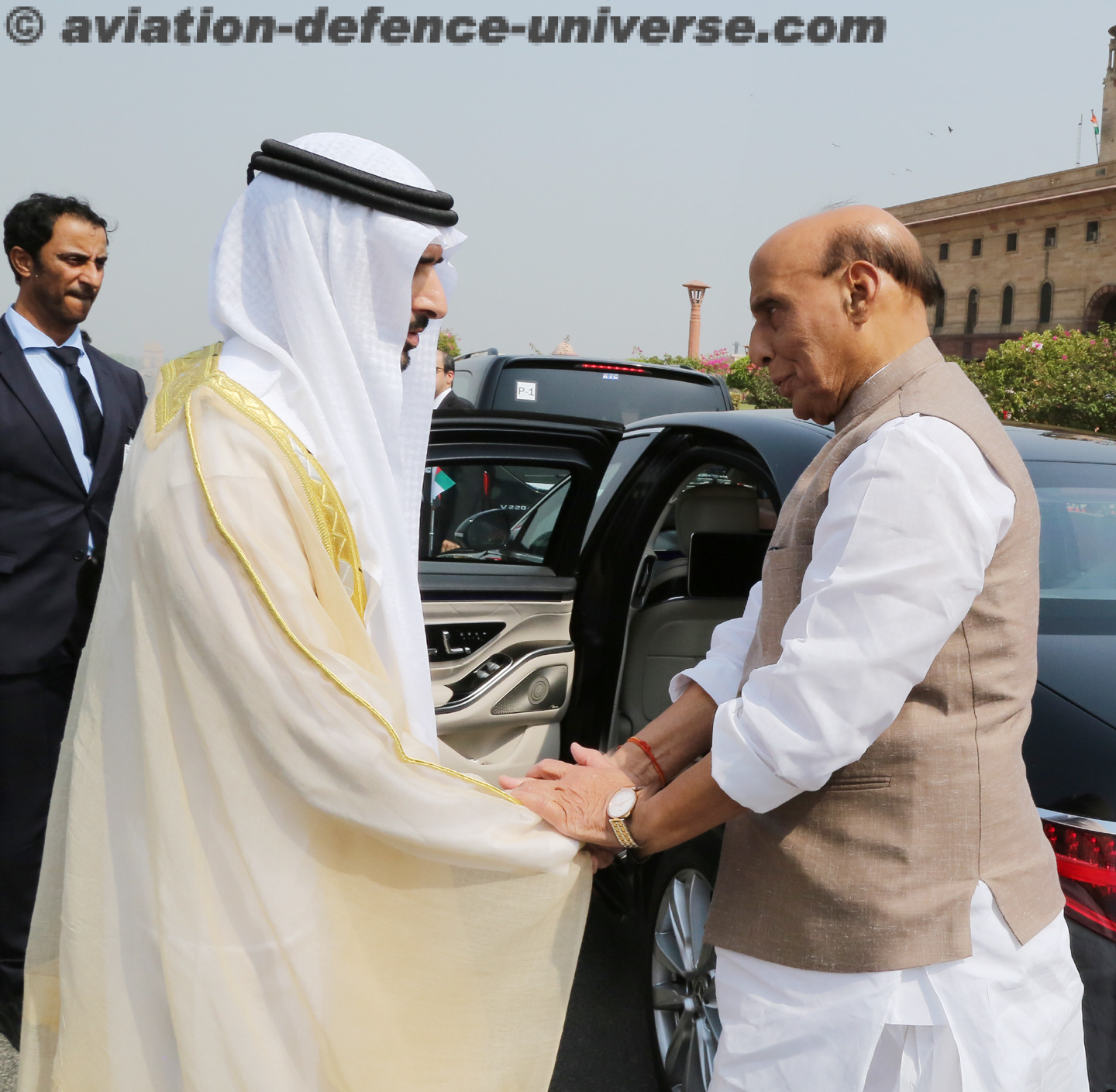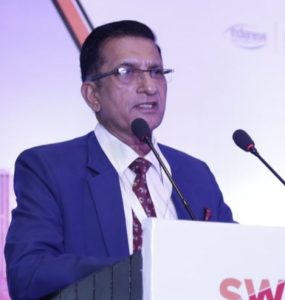- Pakistan is a kettle which keeps calling every pot black·
- India slams Pakistan’s statement on Ram Temple in Ayodhya
By Colonel NB Saxena(Retd.)
New Delhi. May 28, 2020. India in a strong response to a statement by Pakistan on commencement of construction of a Ram Temple in Ayodhya said, ” We have seen an absurd statement by Pakistan on a matter on which it has no locus standi. Given its record, Pakistan should be embarrassed to even mention minorities. After all, numbers don’t lie even if they do.”
Definitely Pakistan deserved to be snubbed on issues of minorities’ treatment, as its behaviour with Sikhs, Hindus and Christians are no secret. Heinous crimes and human rights violations inflicted on minorities in Pakistan have been a matter of concern always. For a country which was established on the ideology of Islam and going by its past record and track this statement is a classic case of the kettle calling the pot black.
Recently Pakistan’s Foreign Office in a statement credited to the FO Spokesperson Aisha Farooqui said , “while the world is battling with the unprecedented coronavirus or COVID-19 pandemic, the RSS-BJP combine is advancing its Hindutva agenda. The commencement of construction of a mandir at the site of the historic Babri Masjid in Ayodhya on May 26, 2020, is another step in this direction and the Government and people of Pakistan condemn it in the strongest terms. Developments relating to the Babri Masjid, the Citizenship Amendment Act (CAA) and initiation of the National Register of Citizens (NRC) process is proof enough of how Muslims in India are being marginalised. On the contrary, the Indian government has maintained that these are India’s internal matters and Pakistan should not interfere with them.”
It seems comic when Pakistan talks of constitution and constitutional rights. It might have forgotten amendments made to its constitution during President Muhammad Zia-ul-Haq’s Islamization leading to the Hudood Ordinance and Shariat Court. The Pakistan government which does not ban formally the public practice of the Ahmadiyya, restricted them severely by law. A 1974 constitutional amendment declared Ahmadis to be a non-Muslim minority because, according to the Government, they do not accept Muhammad as the last prophet of Islam. However, Ahmadis consider themselves to be Muslims and observe Islamic practices. In 1984, under Ordinance XX the government added Section 298(c) into the Penal Code, prohibiting Ahmadis from calling themselves Muslim or posing as Muslims; from referring to their faith as Islam; from preaching or propagating their faith; from inviting others to accept the Ahmadi faith; and from insulting the religious feelings of Muslims . This section of the Penal Code has caused problems for Ahmadis, particularly the provision that forbids them from “directly or indirectly” posing as Muslims. The Ahmadis must not use the standard Muslim greeting form and must not name their children Muhammad. The constitutionality of Section 286(c) was upheld in a split-decision Supreme Court case in 1996. The punishment for violation of this section is imprisonment for up to 3 years and a fine. It has been alleged that this provision has been used extensively by the Government and anti-Ahmadi religious groups to target and harass Ahmadis. Ahmadis also are prohibited from holding any conferences or gatherings.
India Ministry of External Affairs Official Spokesperson, Anurag Srivastava added, “as for the judiciary, Pakistan must realize that theirs is thankfully not the norm. There are others elsewhere with credibility and integrity that Pakistan understandably finds difficult to recognise. India is a nation served by the rule of law and which guarantees equal rights to all faiths. Pakistan’s Foreign Office may take time out and read their own constitution to realize the difference.” The statement added, “Frequent mob lynchings by cow vigilantes, and sinister schemes like ‘ghar wapsi’, ‘love jihad’, and ‘corona jihad’ are part of this mindset. The right-wing ‘Hindutva’ agenda, which appears to have permeated state institutions, is moving fast towards turning India into a ‘Hindu Rashtra’.”
Pakistan has no right to make such a statement. For a country which has seen over the years the laws applicable to the rights of religious minorities in Pakistan shifting from being neutral to blatantly discriminatory . Laws like electoral laws, family laws, law on evidence, Hudood laws, redistribution of income through Zakat and Ushr, trust and evacuee property laws, domicile and nationality, which should be protecting the minorities have become terrors for minorities in the Islamic nation.
The statement also said, “ today’s India, under the RSS-BJP sway, is driven by the toxic mix of an extremist ideology and hegemonic ambitions. The result is a growing threat to the safety and well-being of minorities in India and to peace and security in the region and abroad. The rising tide of religious bigotry in India is well-documented by international human rights organisations, regularly highlighted by international media and raised in a number of Parliaments. The international community must hold India [accountable] for the continuous violations of human rights of minorities and urge the Indian government to take immediate steps to ensure that the rights of all minorities are fully protected and promoted as per India’s obligations under international instruments to which it is a party.”
For a nation whose governance has always turned a blind eye to forced conversions, admission policies in schools and colleges which not only limit seats for minoritiy students but also ensure that extra marks are given for reciting the Quran, where safety of minority girls has always been a grave issue both with families and communities and minorities have always lived in fear, Pakistan has no right to raise its tainted eyebrows towards India.
And finally Pakistan needs to be reminded that the Babri Masjid had been constructed by officials of Mughal Emperor Babur after demolishing a Hindu temple at the site. And what is happening is happening constitutionally after the decision given by the judiciary.
(Colonel NB Saxena(Retd.) is a Delhi-based strategic analyst. The views in the article are solely the author’s. He can be contacted at editor.adu@gmail.com)




































































































































